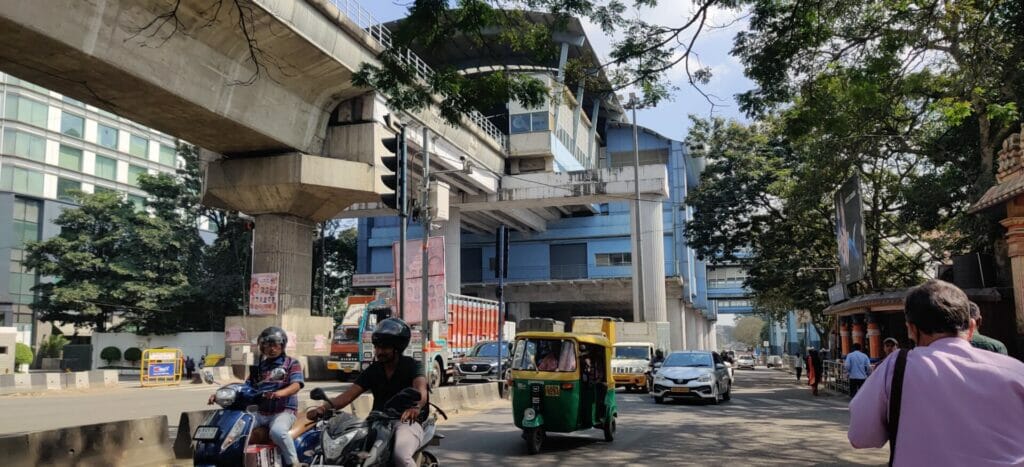Bengaluru’s infamous traffic jams have been the subject of much discussion for over a decade. With the roads burdened with vehicles beyond its capacity, traffic congestion has increased as the city itself has expanded. Last year, Chief Minister Basavaraj Bommai said his government’s priority is to ease traffic.
To ensure better traffic management, M A Saleem, IPS, was brought back to head the Bengaluru Traffic Police as Special Commissioner of Police, Traffic, in November 2022. He is a 1993-batch IPS officer who has a PhD in traffic management.
In his previous stints with the Bengaluru Traffic Department, M A Saleem introduced several initiatives such as Safe Routes to School and adopting technology under BTRAC (Bengaluru Traffic Improvement Project). In his previous role, he introduced around 128 one way roads in the city, which earned him the name ‘One-Way Saleem’.
Read more: How to make Bengaluru traffic jams go away
The Bangalore Traffic Police is devising ways to manage the city’s mammoth traffic, from working in co-ordination with other civic bodies, such as the BBMP and BDA, to exploring technology-related systems, such as ITMS (Intelligent Traffic Management System), synchronised signals, and installation of Artificial Intelligence at signals.

In conversation with Citizen Matters
In an exclusive interview with Citizen Matters, M A Saleem spoke about the use of technology in controlling traffic. He explained how ITMS is used for transparent booking of violations and how synchronised traffic signals work. He also spoke about the need for the enforcement of IPC section 283 to avoid footpath parking and ensure pedestrian safety.
Watch the full interview and know more on how Bengaluru Traffic is being regulated.